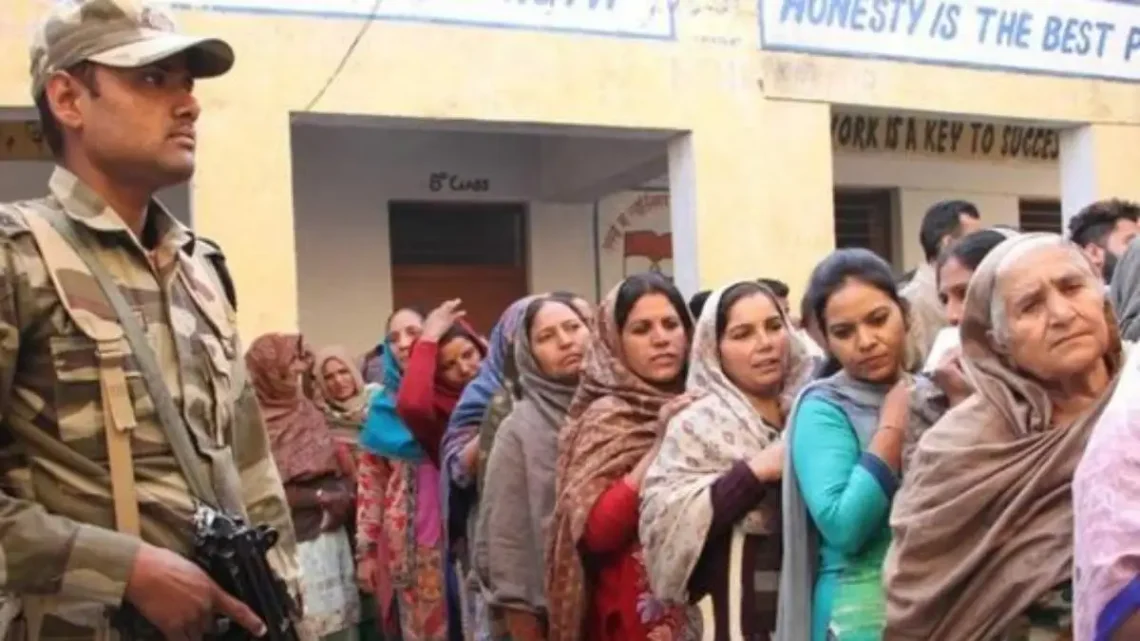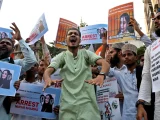
IIOJK Residents Voice Discontent Following Article 370 Revocation in Assembly Elections: President AIMIM
October 10, 2024Asaduddin Owaisi, the President of the All India Majlis-e-Ittehadul Muslimeen (AIMIM), has heartlessly labeled Omar Abdullah as the likely weakest Chief Minister in the history of Indian illegally occupied Jammu and Kashmir (IIOJK). This declaration comes on the heels of the Bharatiya Janata Party’s (BJP) complete failure to secure any seats in the region.
Owaisi’s comments highlight the palpable anger among Kashmiris regarding the controversial abolition of Article 370. In a recent media interview, he emphasized the decisive verdict expressed by the people of Kashmir. Their discontent is evident, and Owaisi isn’t shy about stating it.
According to Owaisi, the BJP’s attempts to divide the Pahadi and Gujjar communities have backfired. Despite winning 27 seats in Jammu, their strategy has not resonated with the electorate. The solitary seat secured by the Congress Party further illustrates the disconnect between the BJP’s ambitions and the realities on the ground.
Owaisi’s criticism doesn’t end there. He adamantly opposes the scrapping of Article 370, deeming the entire legislative process as “constitutionally wrong.” His contention lies primarily with the provisions that empower the Lieutenant Governor (LG) to appoint MLAs. Owaisi questions the logic behind this arrangement, highlighting a fundamental flaw in governance.
If the Chief Minister, who is supposed to represent the people, cannot appoint MLAs, then what authority does that position truly hold? Owaisi’s frustration reveals a deep-seated concern about the erosion of democratic principles in IIOJK.
The implications of this shift are manifold. Owaisi suggests that such measures undermine the very fabric of regional governance, pushing Kashmir into an era of weak leadership. He warns that Abdullah’s tenure could be marked by inaction and a lack of legitimacy.
By labeling Abdullah as weak, Owaisi raises the stakes for political accountability in the region. If the people of Kashmir are to regain trust in their leaders, they need more than just hollow promises. They need a leader who can navigate the complex socio-political landscape without relying on backroom deals with the BJP.
Owaisi’s remarks also serve as a wake-up call for the opposition parties. They must unify against a backdrop of diminishing local governance. The future of IIOJK hangs in the balance, with the electorate demanding genuine representation.
Owaisi’s condemnation of Abdullah’s impending leadership reflects broader frustrations within the region. The fight for democratic integrity in Indian illegally occupied Jammu and Kashmir is far from over. The citizens demand accountability, and weak leadership will simply not suffice.

